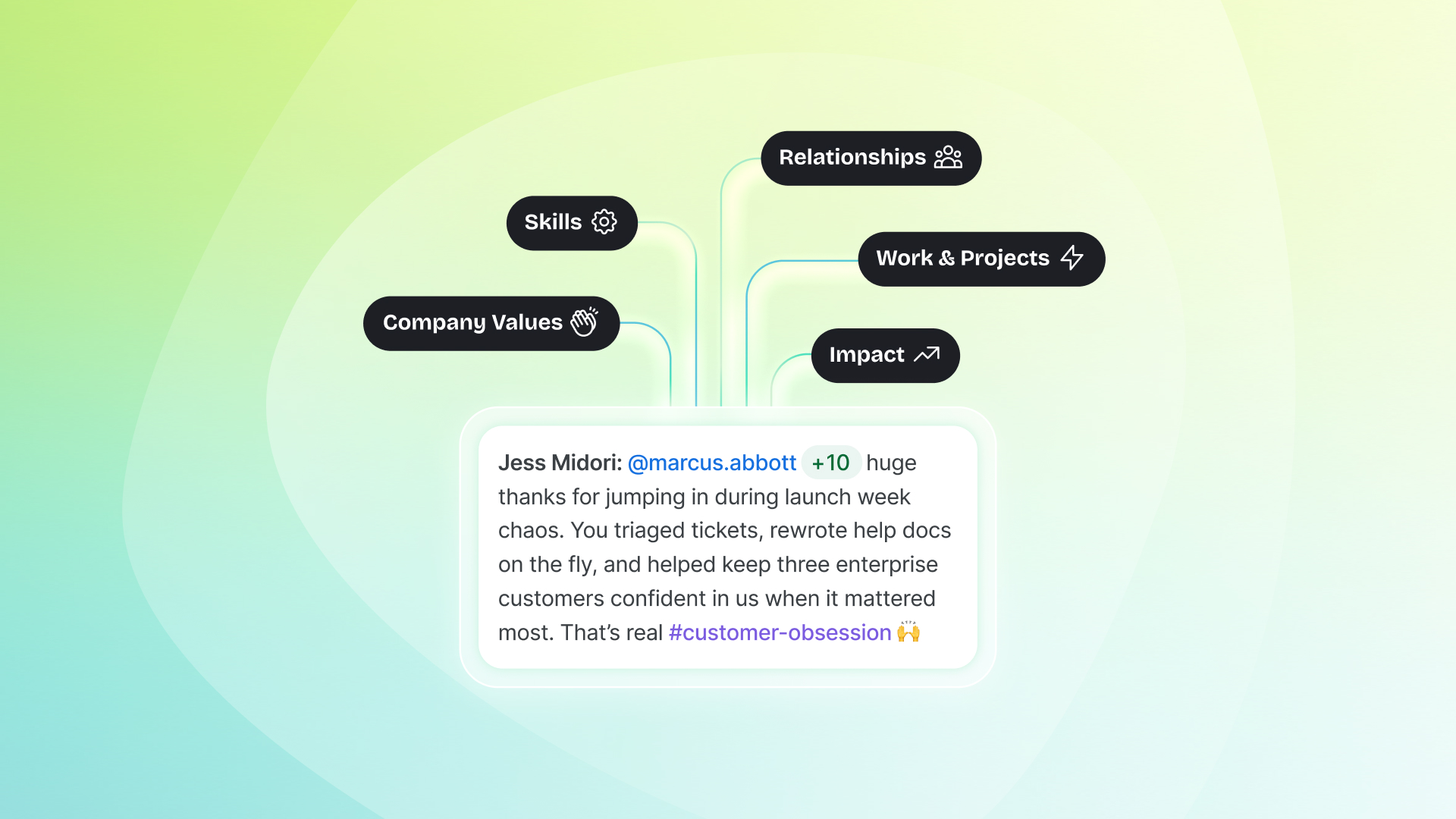A Look at Google’s Peer-To-Peer Bonus System

Google is associated with innovation in every aspect of its business, and its management techniques are no exception.
Google employs multiple award systems to motivate employees, and perhaps the most notable is its peer-to-peer recognition program. This program allows Google employees to proactively recognize their peers for doing something big or small that goes above and beyond the call of duty. Peers often reward an activity that would have gone completely unnoticed by managers.
Looking for information on how you can implement your own peer-to-peer recognition program? Check out our free guide:
-> Download the Manager's Guide to Employee Recognition
Google peer bonuses typically aren’t large, but in the words of one employee: “It’s a great privilege to receive one.”
A typical example of a peer bonus would be one employee giving $175 to a peer who “coded an SQL query for me and saved me a lot of time.” Using an internal tool, peers nominate individuals for bonuses, providing context for their manager to review and approve.

The system isn’t without critics. Piaw Nai, in his presentation "5 Google Engineering Management Mistakes," claims that “[p]eer bonus structure was very well done, but not widely used inside engineering.”
A few reasons for that may include that there is not enough buy-in from the team or the program is not easy enough to use. It's also important to ensure that the same people aren't always being recognized all the time.
Eduardo Pinheiro, a researcher at Google, mentioned: “The person who got the most peer bonuses [on my team] had eight in a little less than two years. The second one had five during the same time.”
Effective employee recognition programs are inclusive, meaning recognition is distributed across the team. Effective recognition should also be frequent (we recommend at least once a month), timely (not six months later during a performance review), specific, visible, and values-based.
A successful peer bonus system should increase employee morale and motivation, enhance productivity and even profitability, identify top performers and help retain them, and increase employee engagement.
To learn more about employee recognition programs and how to implement them on your team:
-> Download the Manager's Guide to Employee Recognition
Google also offers an open-source peer bonus program, where external contributors can be nominated for bonuses and recognition.
In the same way that a Google Peer Bonus is used to recognize a fellow Googler who has gone above and beyond, an Open Source Peer Bonus recognizes external people who have made exceptional contributions to open source. Googlers can nominate contributors who they feel deserve our recognition (and some cash)!
Bonusly: the leader in employee recognition
Bonusly makes the employee experience more rewarding at organizations across the globe. Through the top-rated SaaS platform, companies from small to enterprise have built recognition-first cultures which result in more connected, collaborative, energized, and high-performing teams. Bonusly inspires frequent, meaningful, peer down recognition tied to company values that translates to real rewards.
Want to bring the benefits of employee recognition and peer bonuses to your organization? Talk with one of our recognition experts today or check this resource:





.png)


